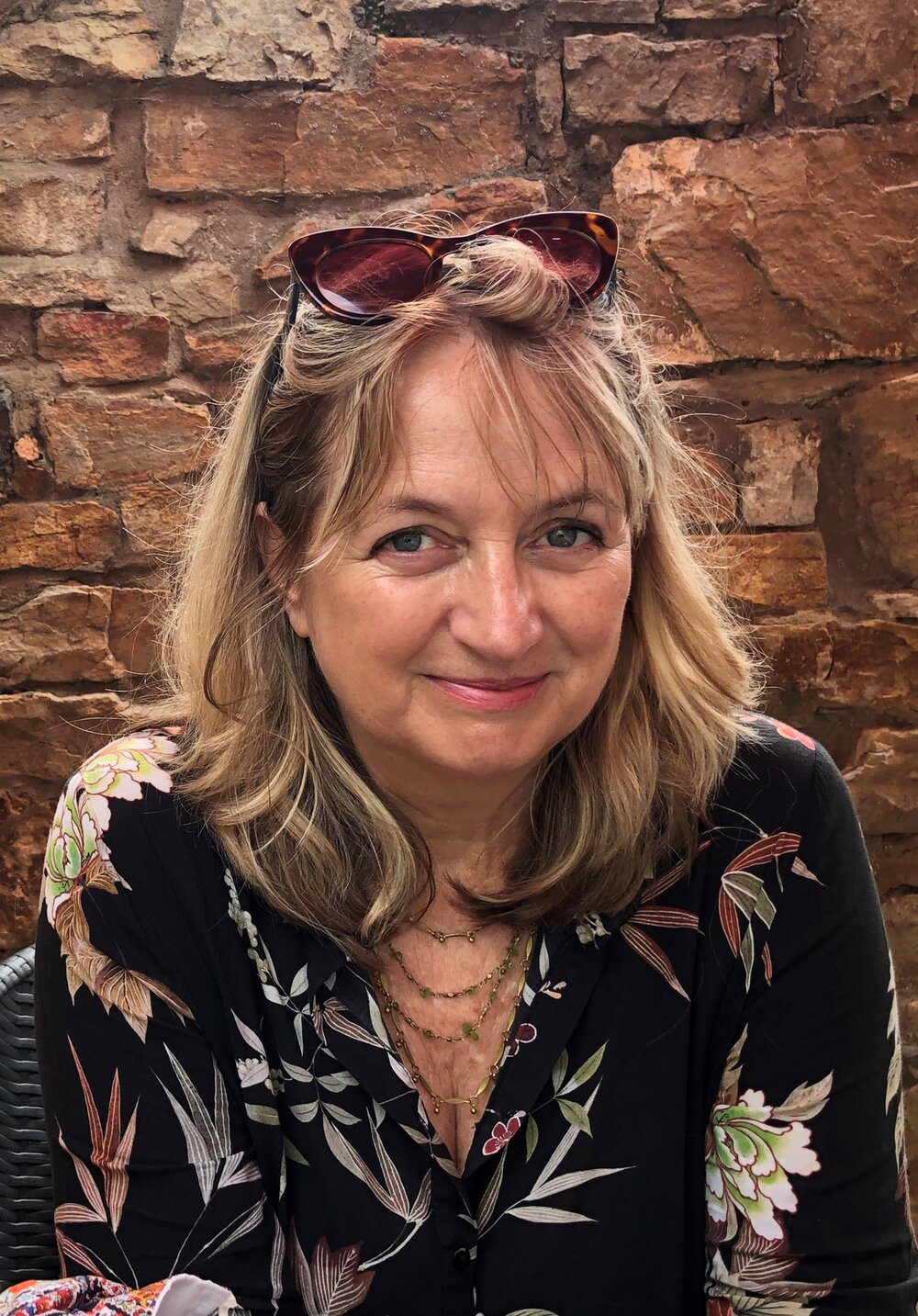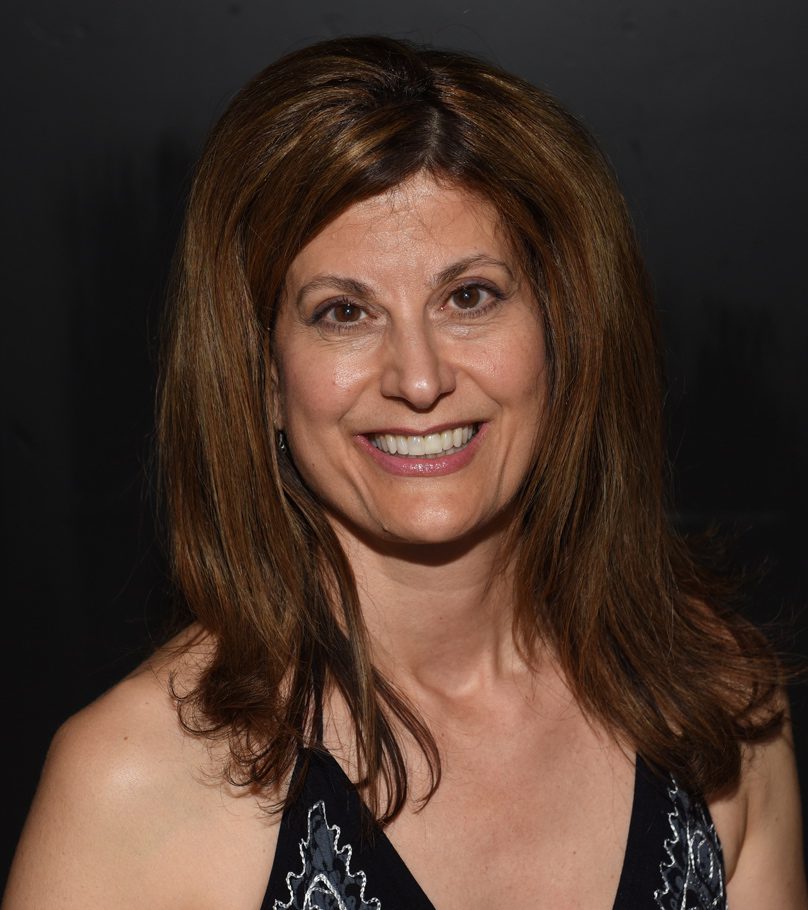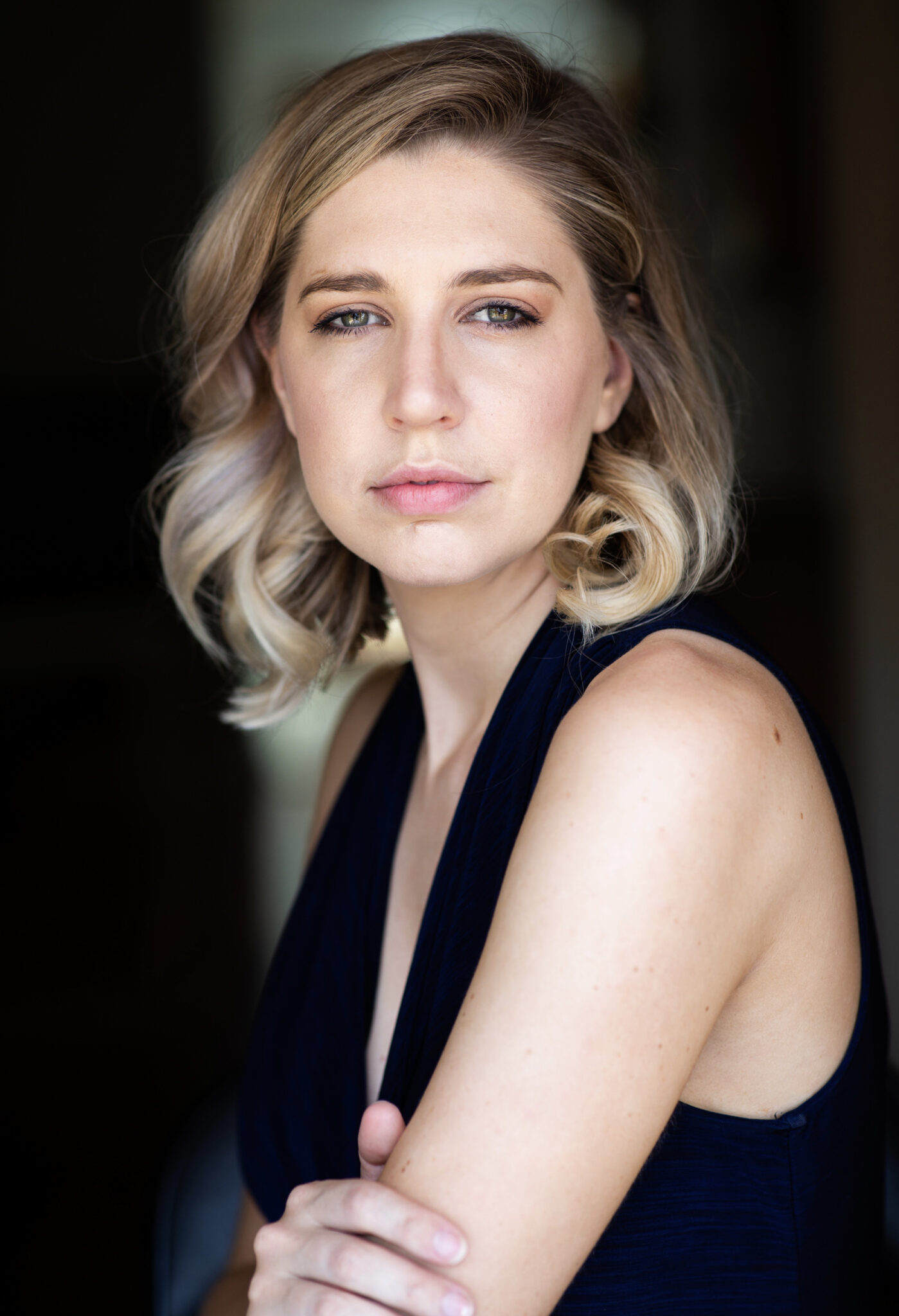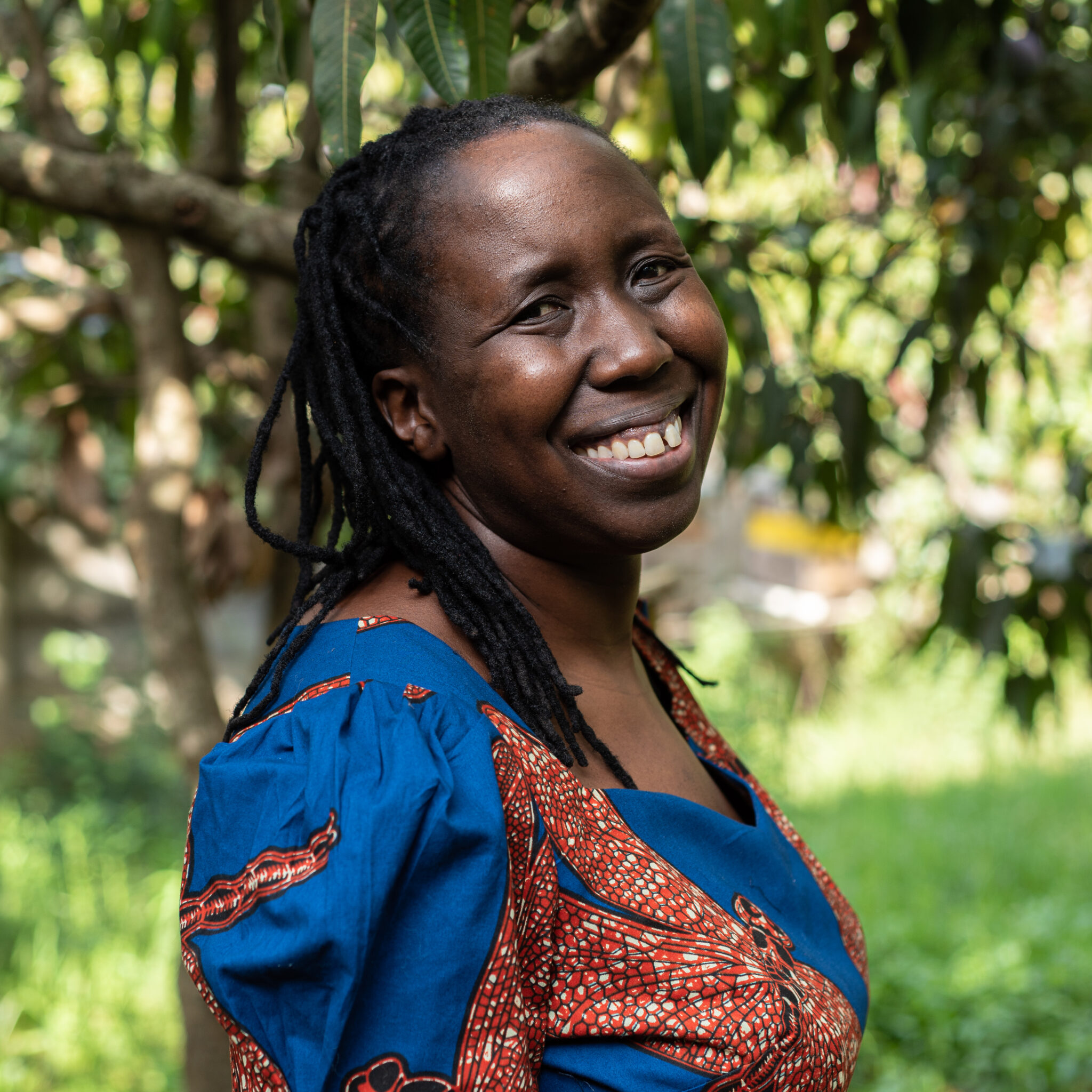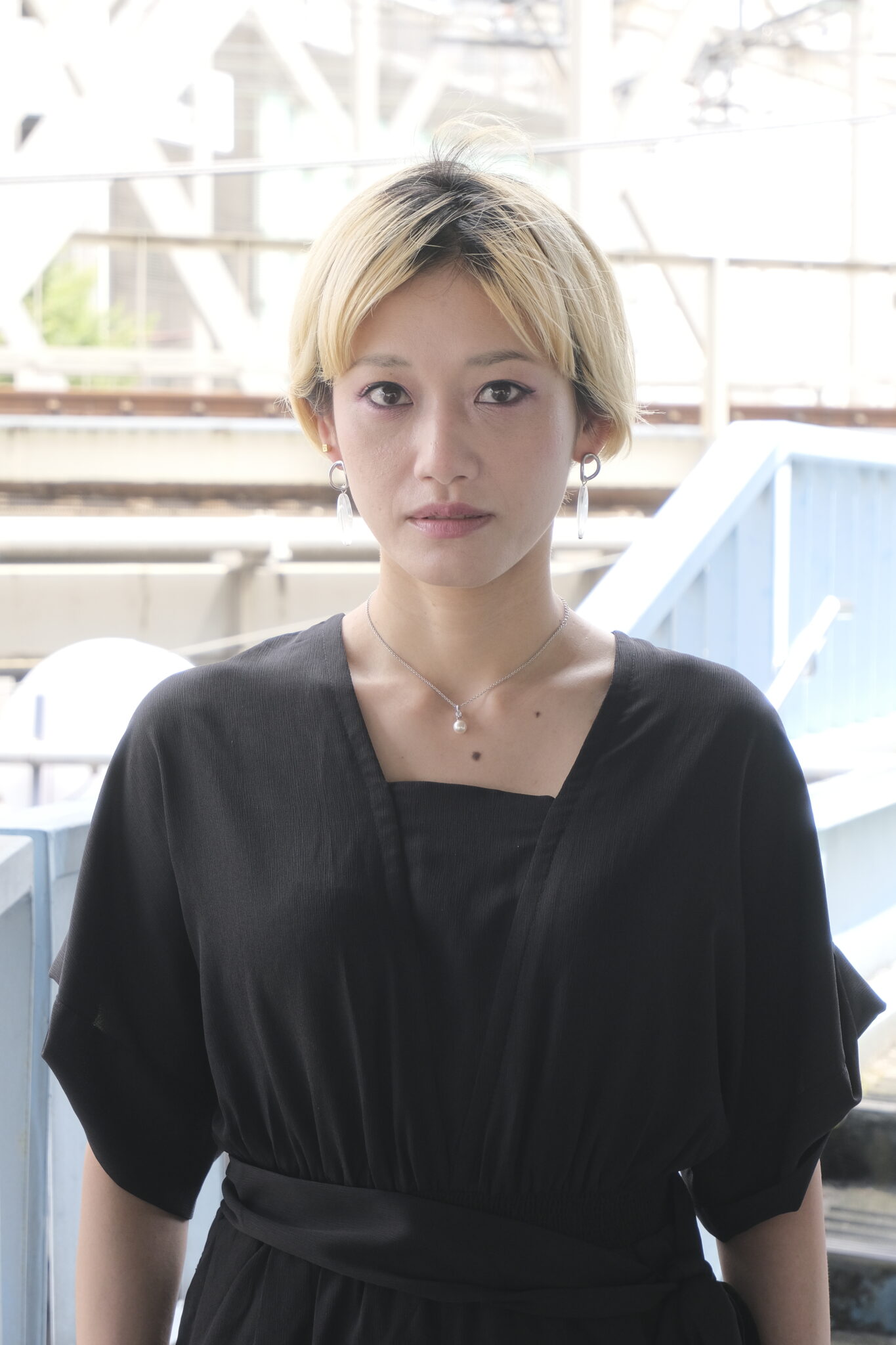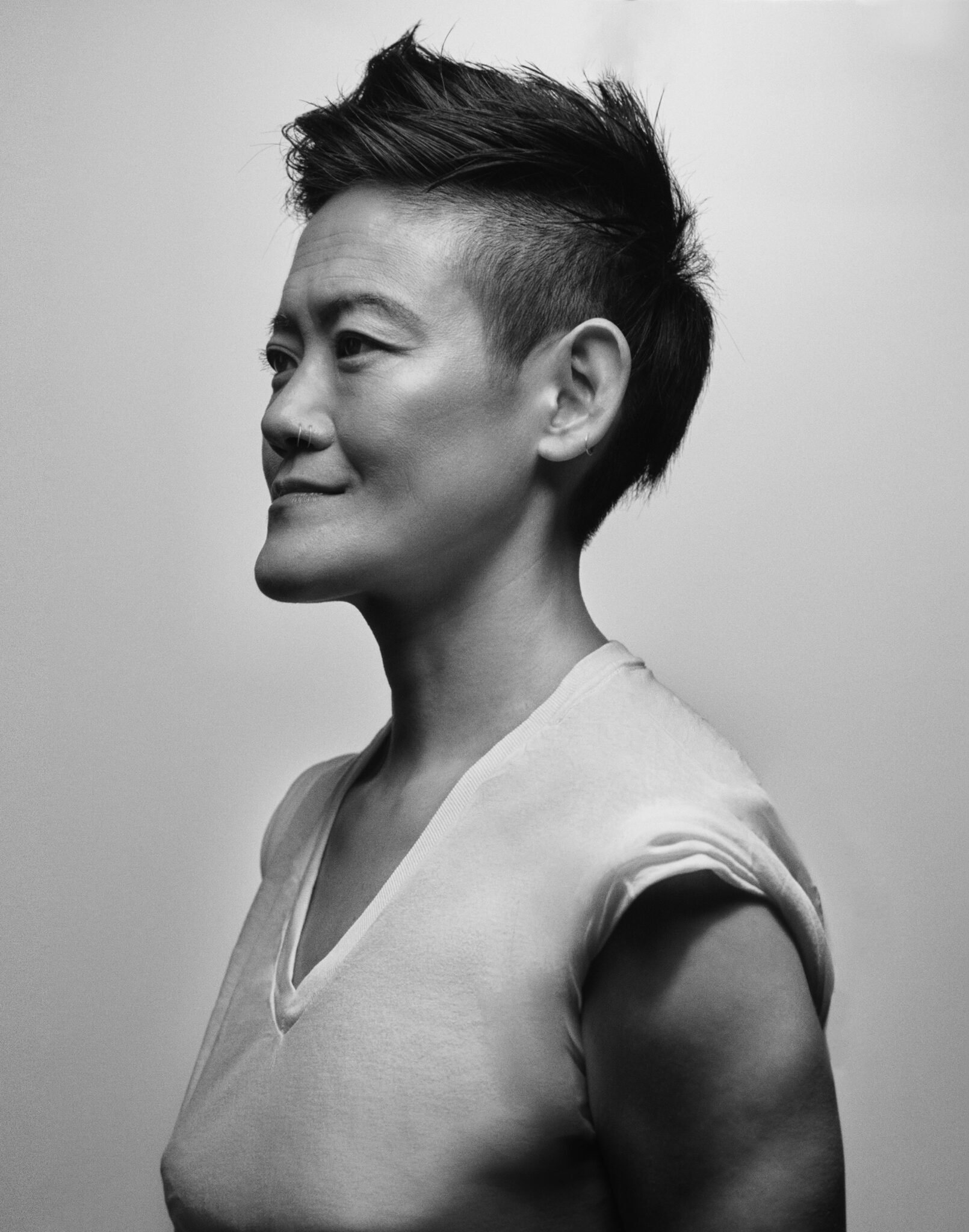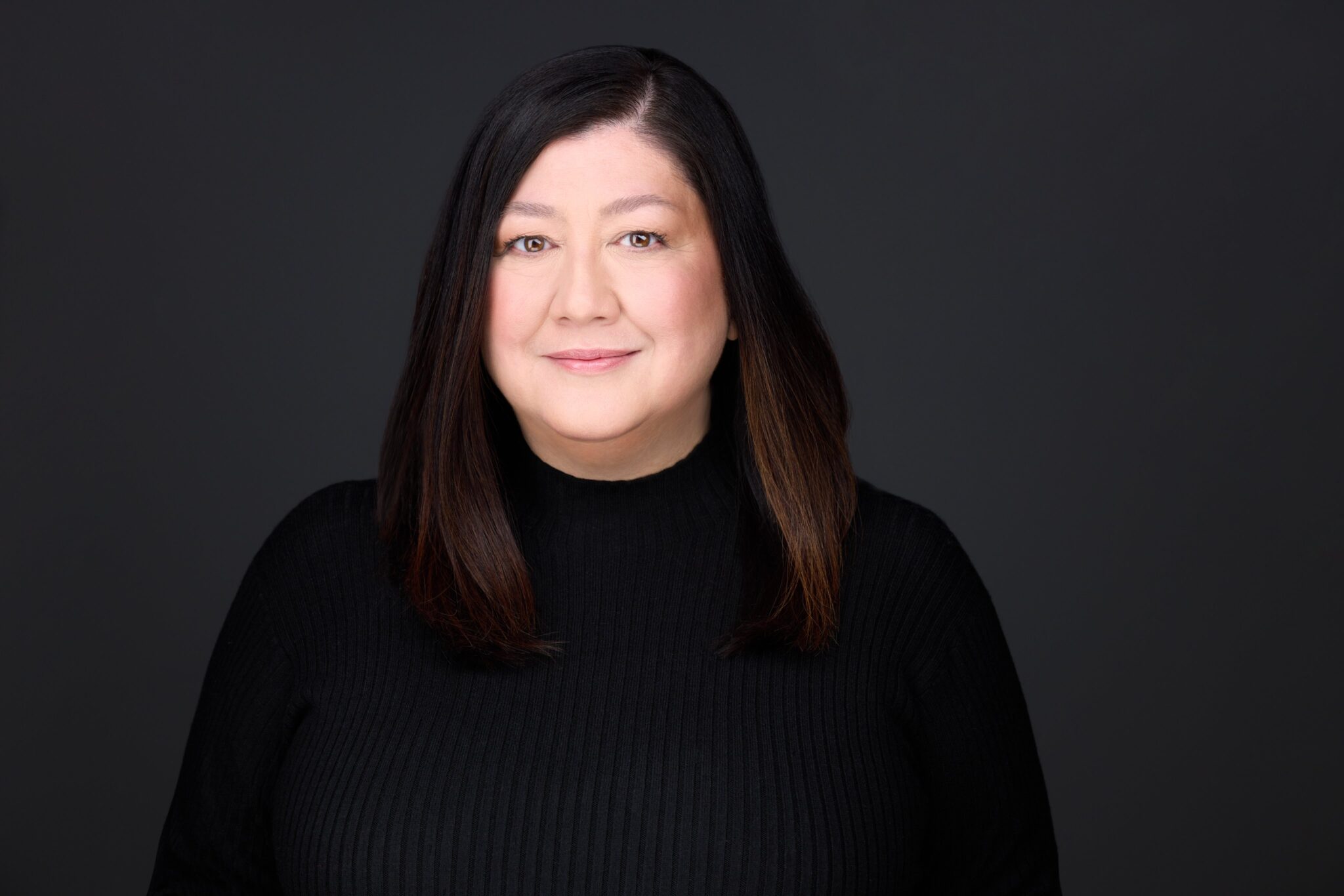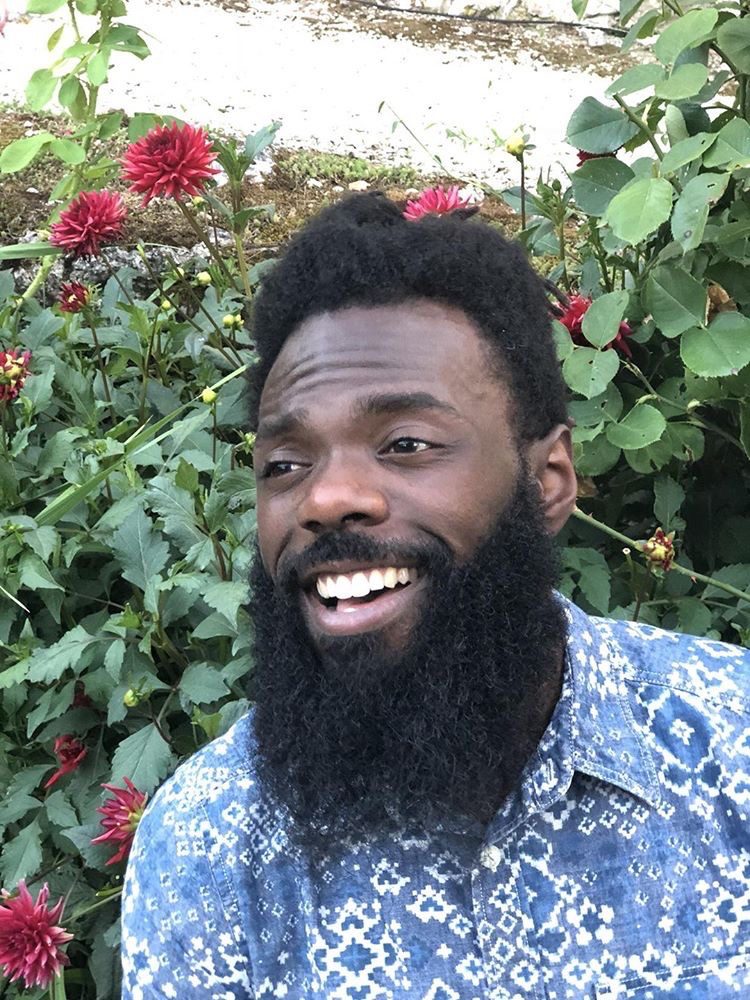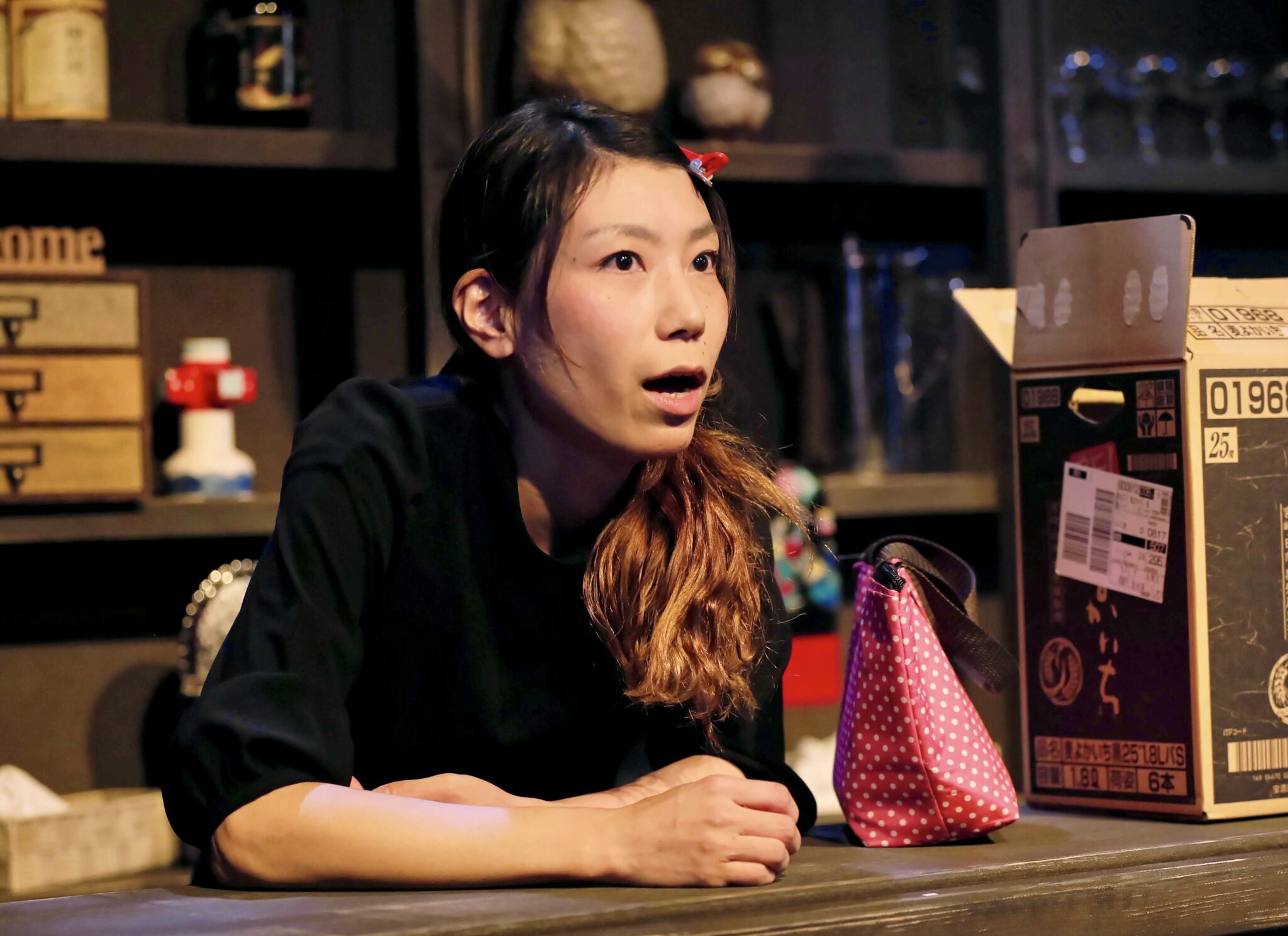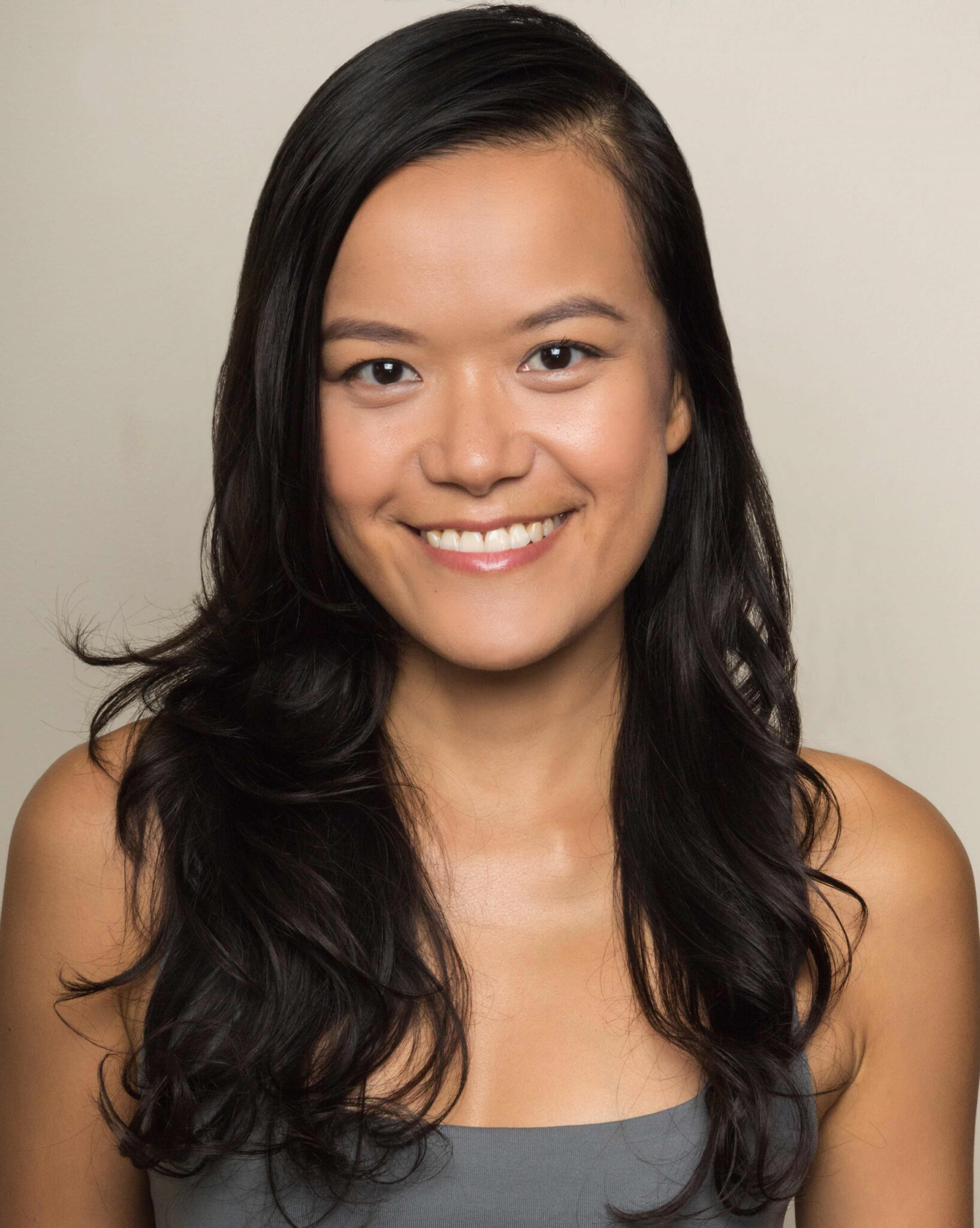The Playwright’s Laboratory invites you to an exciting opportunity to travel the globe in one place in a series of script-in-hand readings from playwrights across the world, presenting a kaleidoscope of international cultures.
With new works from Japan, South Africa, Canada, USA, Kenya & Australia, TPL’s Pop Up Festival brings stories that cover the spectrum of the human condition, universal themes and ultimately provides a space of healing within a messy, turbulent world.
From a docudrama set on the doorstep of the murder of George Floyd, spiralling into a gangster-torn Singapore, and drifting into one Canadian’s journey through grief – TPL’s Pop-Up Festival of New Plays gives you the chance to move between countries without ever having to leave your seat.
Join us from 24 April – 5 May for a selection of plays carefully chosen in partnership with: Playwrights Centre (Minnesota, USA), Constellations Stage & Screen (Indiana, USA), Citadel Theatre (Edmonton, Canada), How Now Brown Cow Productions (Johannesburg, South Africa), Japanese Playwright Association (Tokyo, Japan), and African Women Playwright Network (Africa).
TPL’s “Pop-Up Residency” provides international playwrights the unique opportunity to have their work performed on the British stage, promoting collaboration between theatre-makers from diverse cultural backgrounds.
25 April – Passing
By Dipika Guha (USA), directed by Ailin Conant
Cast: Annabel Brook, Mike Burnside, Jasmine Chiu, Ben Hall and Allegra Marland
Contains references to colonialism, sexual violence, racism and contains references to rifles and gunfire.
On an imagined island (inside a theatre, inside a church) a play is happening. In the play, an ill-matched British couple Clara and Sidney are living a charmed life isolated from the indigenous population. That is, until a bloody and brutalised child appears on their property and in their lives. Passing is a poetic confrontation with colonisation; a witnessing of history which resists erasure.
26 April – Expelled
By Rosalind Butler (South Africa), directed by Imy Wyatt Corner
Cast: Olivia Darnley, Jonny Hosking, and Alex Walton
Contains references to rape and sexual violence.
A final year boy, who hates his boarding school, with its ingrained culture of misogyny, gets caught up in a social media scandal and is suspended. The ramifications are immense and profound. Expelled is a play about social media, its power, its collateral damage and the gap between projected images and reality. The truth does not cut it anymore.
27 April – 100 Years Stray
By SaringROCK (Japan), translated by Aya Ogawa, directed by Ailin Conant
Cast: Ashley Alymann, James Bradwell, Mark Takeshi Ota, and Jonathan Raggett
Children go missing, meteors rain from the sky and a blue demon lurks just out of sight in Japanese playwright SaringROCK’s 100 Years Stray, which has been nominated for the prestigious Kishida Kunio Drama Award. This apocalyptic coming-of-age story explores a fictional universe where extreme isolation is the norm and women no longer exist.
28 April – Paradise
By Laura Maria Censabella (USA), directed by Katharine Farmer
Cast: Joseph Balderrama and Nina Mahdavi
Contains references to systemic racism, religion, and medical issues.
Two outsiders, a gifted Yemeni-American teenager at a poorly rated high school in the South Bronx and her disillusioned biology teacher, form an unlikely scientific partnership with the hope of securing her a scholarship. When conflicts arise over differences in religion, culture and the boundaries of mentorship, their ability to alter the course of each other’s lives becomes greater than either imagined.
29 April – Whittier
By TyLie Shider (USA), directed by Anastasia Osei-Kuffour
Cast: Madeline Appiah, Oliver Alvin-Wilson, Mercer Boffey, Melli Bond, Ricky Fearon, Sapphire Joy, Meaghan Martin and Claudius Peters
Contains references to police brutality, race and racism, and death.
A contemporary docudrama about Whittier, a neighbourhood in Minneapolis, close to where the murder of George Floyd took place. The play follows residents grappling with that tragedy as well as the stresses of life during the lockdown of 2020.
1 May – Out of Bounds
Written and directed by JC Niala (Kenya/UK)
Cast: Maxine Finch, Olivia Hunt, Zipporah Kuria and Dawn Stanley
Contains references to homophobia and racism.
Felicity and Rose fall in love but must navigate cultural and class differences to discover if they can surmount them. Against a backdrop of their family’s secrets and lies, their story is told across the nineties and noughties. Decades when it seemed that everything was possible, but nothing was guaranteed.
2 May – The Culture
By Laura Jackson (Australia), directed by Sepy Baghaei
Cast: Flynn Barnard and Melanie Gleeson
Contains references to domestic violence.
Katie’s cheeky, brave and sensitive. Will is witty and warm with a huge heart. They’re both single…and they’re both kinda angry. Together they host ‘Don’t Even Get Me Started’, the show where they bitch about the fact that they’re straight up done. When they are home together, they’re safe, they’re happy, no-one can hurt them. They have everything they need. Almost. What happens when you put yourself out there, and try to find love as a woman or a gay man? Is their friendship enough to keep them safe? Set in Sydney Australia, The Culture tackles heavy issues with a light touch, using the warmth and intimate banter between two best friends. Audiences are welcomed into Will and Katie’s living room and into an important wider conversation.
3 May – Burning Mom
Written and directed by Mieko Ouchi (Canada)
Cast: Jules Melvin
At 63, Dorothy expected to jump into the RV and take off with her husband at the wheel. Now facing life without her co-pilot, she makes a terrifying decision. She’s going to Burning Man. In the RV she’s never driven. To join thousands of revellers in the Nevada desert at the world’s largest art festival. Based on the playwright’s mother, Burning Mom follows one woman’s exploits as she sheds the pain and grief of the past so she may fully embrace the future. Told with bittersweet humour and hard-won courage, Dorothy’s story will have you rooting for her all the way. Burning Man or bust. Who’s coming along for the ride?
4 May – Golden Blood
By Merlynn Tong (Australia), directed by Rebecca Goh
Cast: Jeremy Ang Jones and Mia Foo
Contains references of blood, death/dying, drug use, mental illness, violence, vomit and weapons. The play contains coarse language and descriptions of alcoholism, child abuse, overdoses, sexual references and suicide.
When her mother dies, a teenage girl is left alone within the four walls of the only thing she’s inherited—a decaying penthouse in the heart of Singapore. To make matters worse, she’s now in the care of her estranged brother, and he’s not exactly up to the gig. For one, he’s only a few years older than her. And two, he’s a gangster. Like, an actual one. Left with next to nothing, the orphaned siblings become a formidable, atypical corporation of two. But it’s not long before cracks begin to show. What is the trade-off for desiring excessive levels of luxury? What should be kept in this world, and what should be offered to the next?
5 May – Love-No Filter
By Momoko Takeda (Japan) translated by Jeremy Kuhles, directed by Ailin Conant
Cast: Ashley Alymann, Cian Binchy, Ami Okumura Jones, Mark Takeshi Ota and Hiroe Takei
Set in the office of Tomita Shoten, in a traditional fish smoking factory, Kimiko, the second daughter of the Tomita family and head of the family business, welcomes the peace and quiet brought by the Covid-19 pandemic. When her sister, Shiori, returns home, in an attempt to resurrect the struggling business, an insurmountable rift emerges between the two. The tale highlights the suffocation and monotony of living up to societal expectations, whilst exploring the unfiltered love between the workers of a fish-smoking factory in rural Japan.


